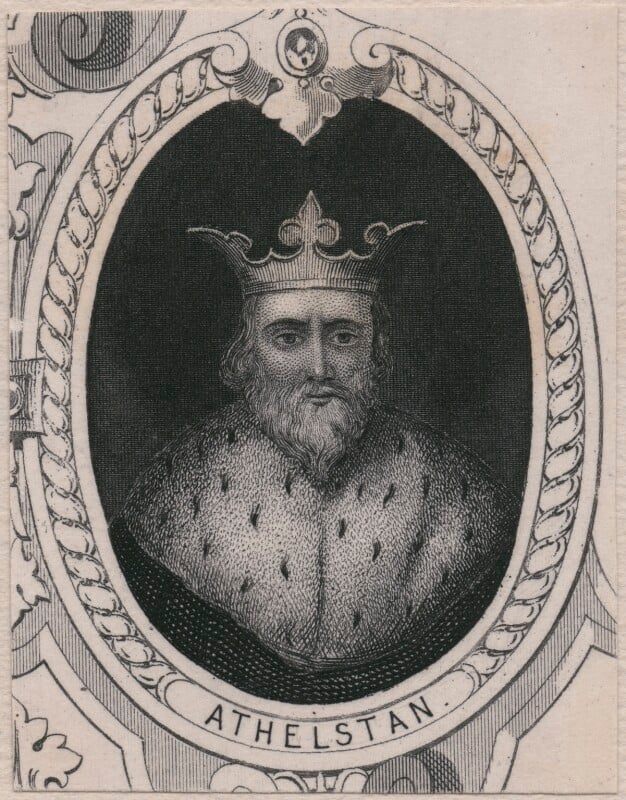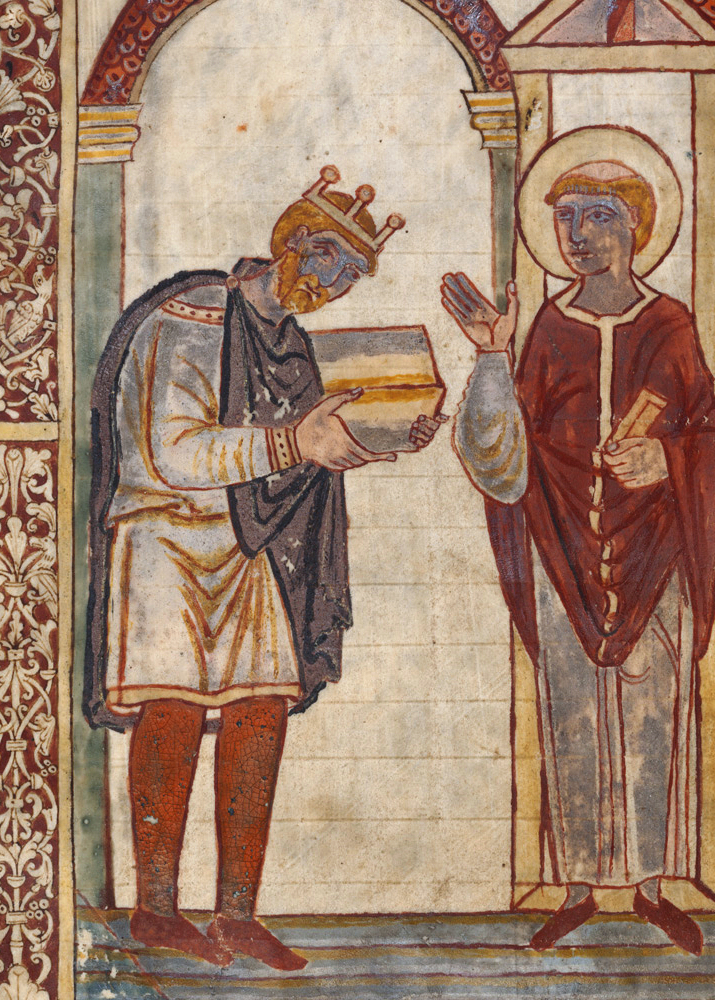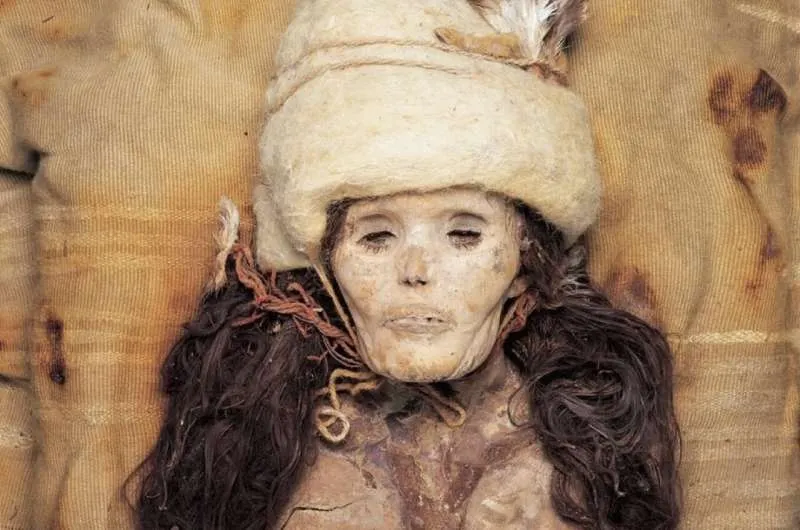Aethelstan: England’s First King and Architect of a United Kingdom

Aethelstan (c. 894 – 939 AD) is often celebrated as the first King of a united England, a pivotal figure in the country’s early medieval history. His reign from 924 until his death in 939 marked a transformative era in which smaller Anglo-Saxon kingdoms were consolidated into a stronger, centralized realm. Aethelstan’s leadership not only shaped the political landscape but also had lasting cultural, legal, and military impacts.
Early Life and Background
Aethelstan was the son of King Edward the Elder and the grandson of Alfred the Great, two of the most notable early English rulers. Born around 894, he grew up during a time when England was divided among several kingdoms, including Wessex, Mercia, Northumbria, and others, with frequent Viking invasions challenging Anglo-Saxon rule.
Though his exact early upbringing is not well-documented, Aethelstan was likely educated in the traditions of the Church and royal court, following in his family’s footsteps of promoting learning and Christianity.
Rise to Power and Reign
After his father Edward died in 924, Aethelstan succeeded as King of Wessex and Mercia. By 927, he had extended his authority over Northumbria, effectively uniting much of England under his rule for the first time. This unification was recognized by contemporary chroniclers and later historians as a major milestone.
Aethelstan’s reign was characterized by efforts to strengthen the kingdom both internally and externally:
- Military Campaigns: He led several military campaigns against Viking kingdoms and rebellious nobles, securing the borders and reducing the threat of Danish invasions.
- Law and Order: Aethelstan issued numerous legal codes that helped to unify laws across his territories, reinforcing royal authority and promoting justice.
- Church and Culture: A devout Christian, he supported the Church’s influence and fostered learning, arts, and culture. He gathered scholars around his court and encouraged the production of manuscripts.
Diplomatic Achievements
Aethelstan’s influence extended beyond England. He established diplomatic ties with European rulers, including marriages and alliances, helping to raise England’s profile on the international stage. His reign is noted for early examples of international diplomacy by an English monarch.

Legacy and Historical Significance
Aethelstan is often called the “first King of all England” because he achieved political unity that had eluded his predecessors. His consolidation of power laid the groundwork for future English monarchs and helped to create a national identity.
He is remembered for his strong leadership, military prowess, and support of the Church and culture. Though overshadowed by later kings like Alfred the Great and Edward the Confessor in popular memory, historians recognize Aethelstan’s vital role in the formation of medieval England.
Death and Succession
Aethelstan died in 939 and was succeeded by his half-brother Edmund I. His burial site is traditionally believed to be Malmesbury Abbey, where he was revered as a powerful and just ruler.
Summary:
King Aethelstan was a pioneering English monarch who united the fragmented Anglo-Saxon kingdoms into a single kingdom of England. His reign marked advances in law, military strength, diplomacy, and cultural patronage, securing his place as one of medieval England’s most important and influential rulers.





